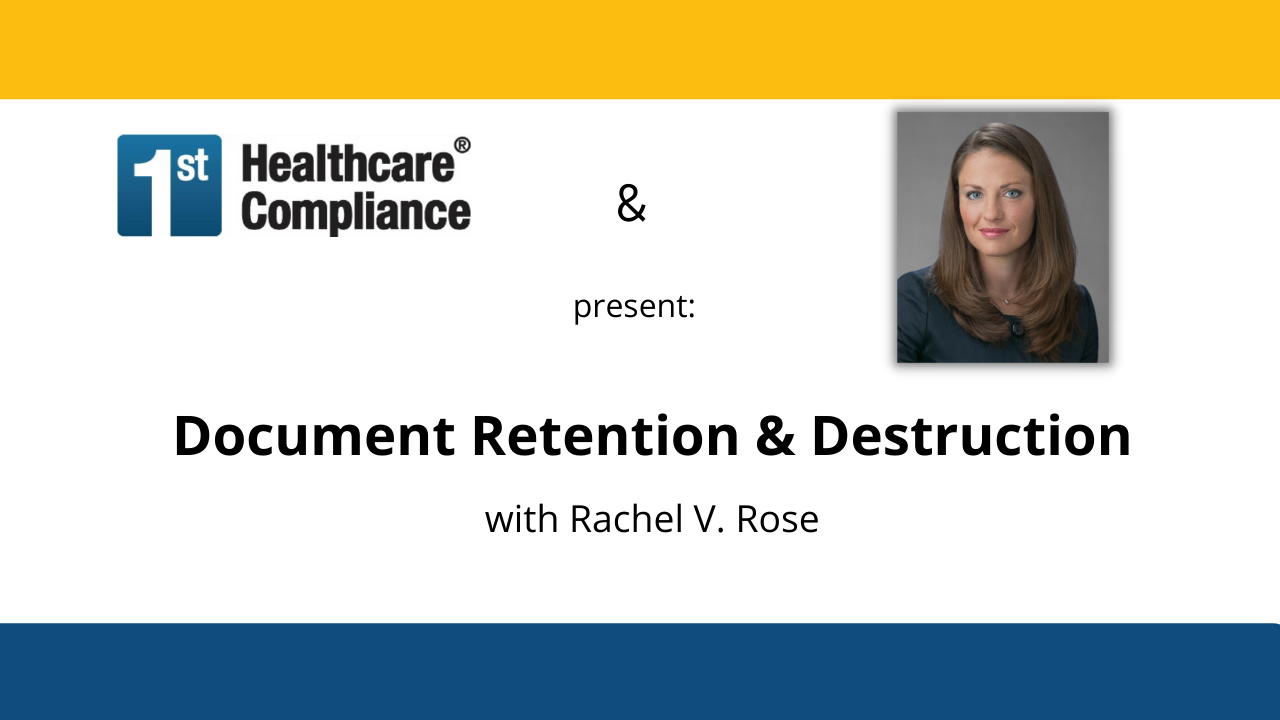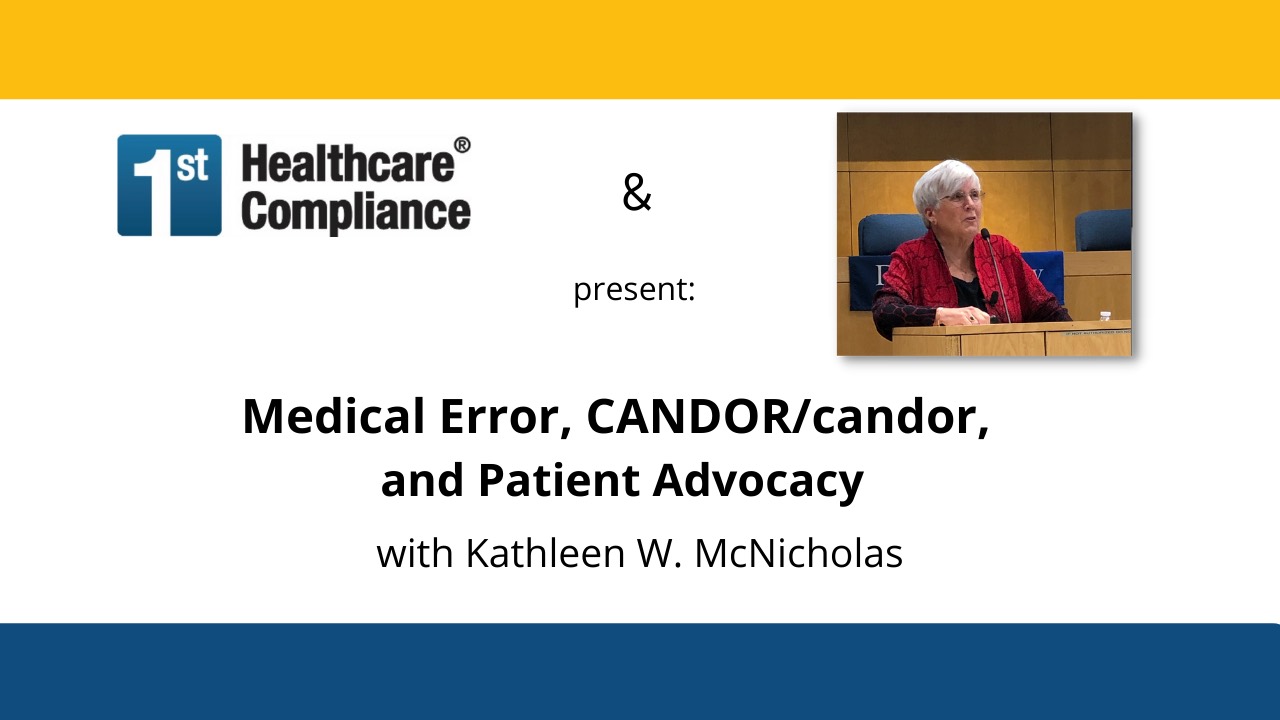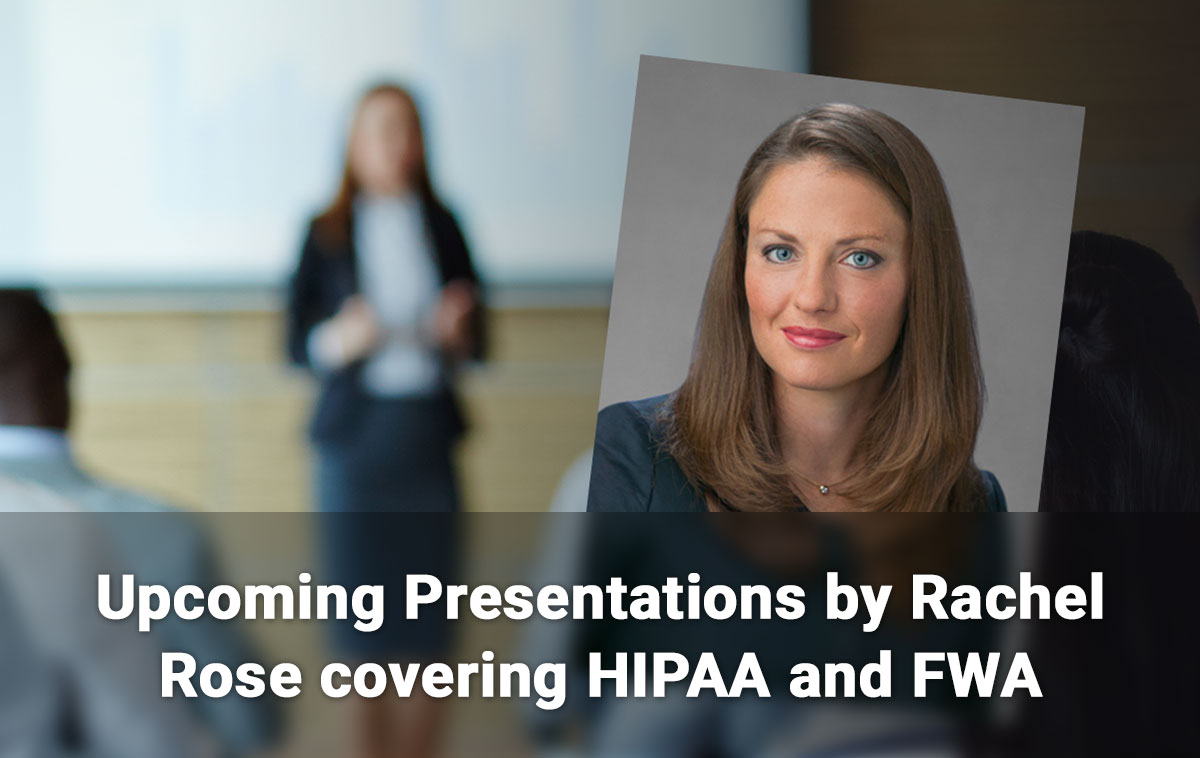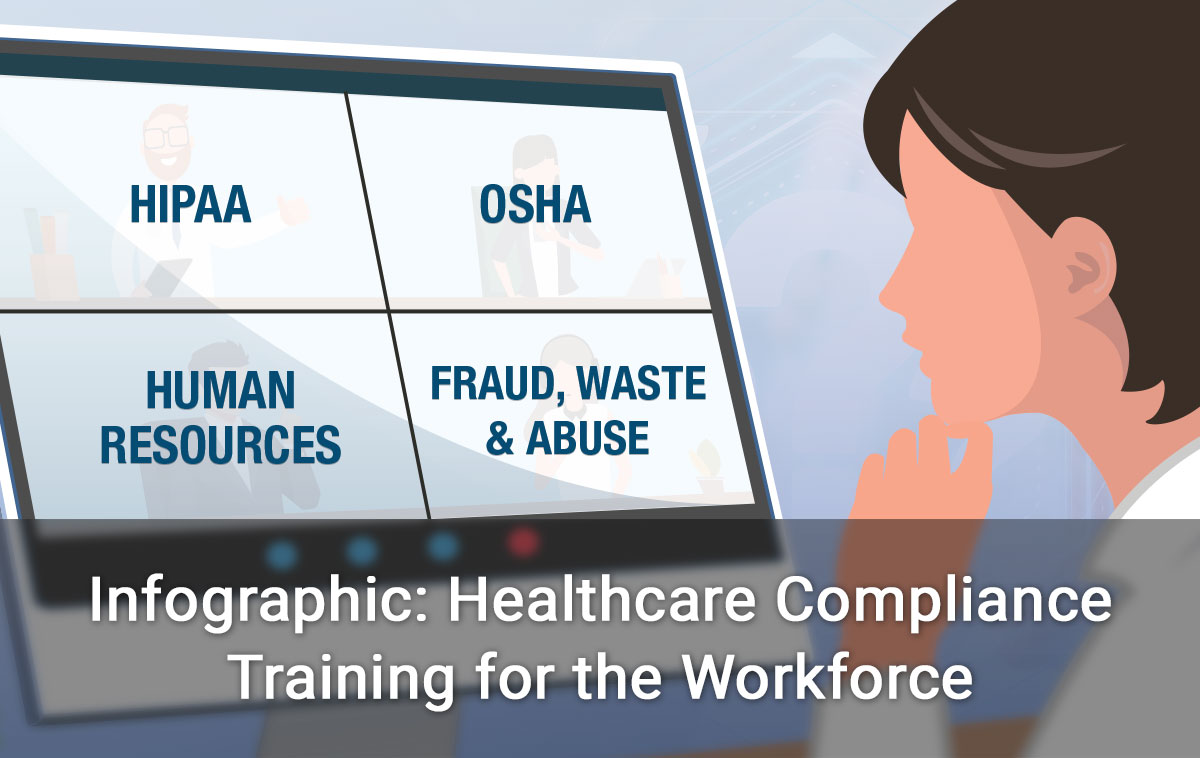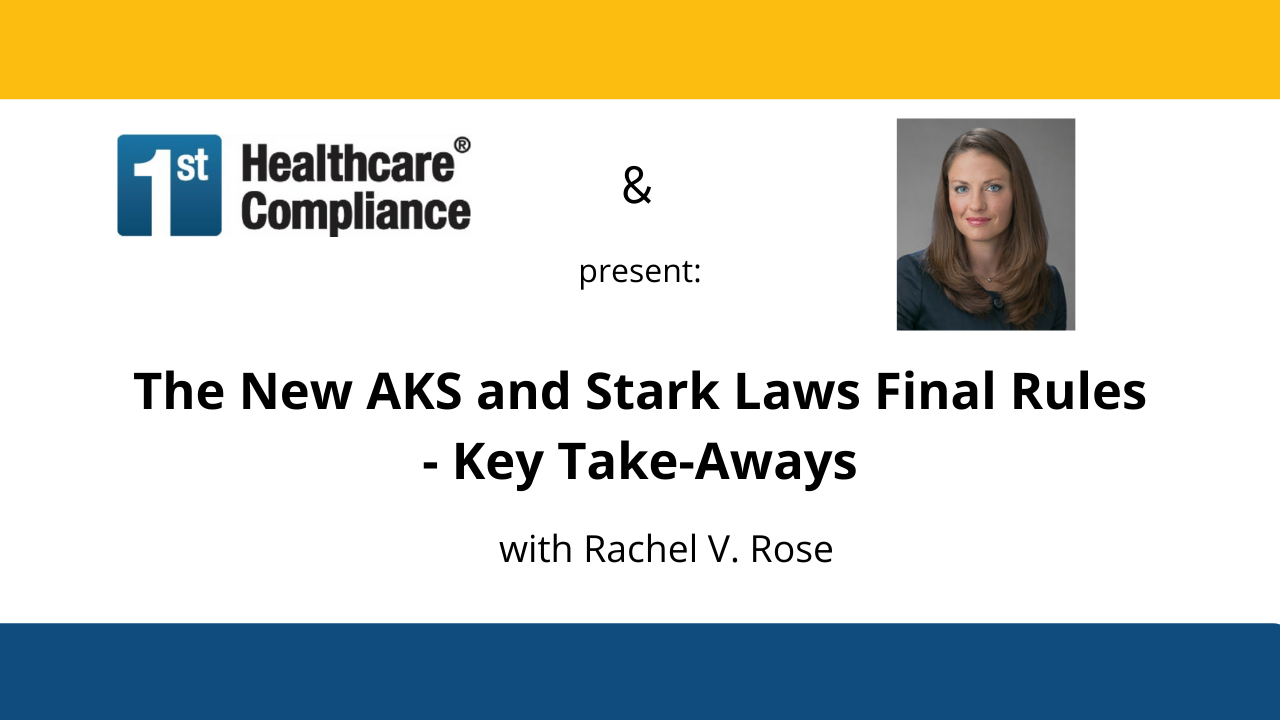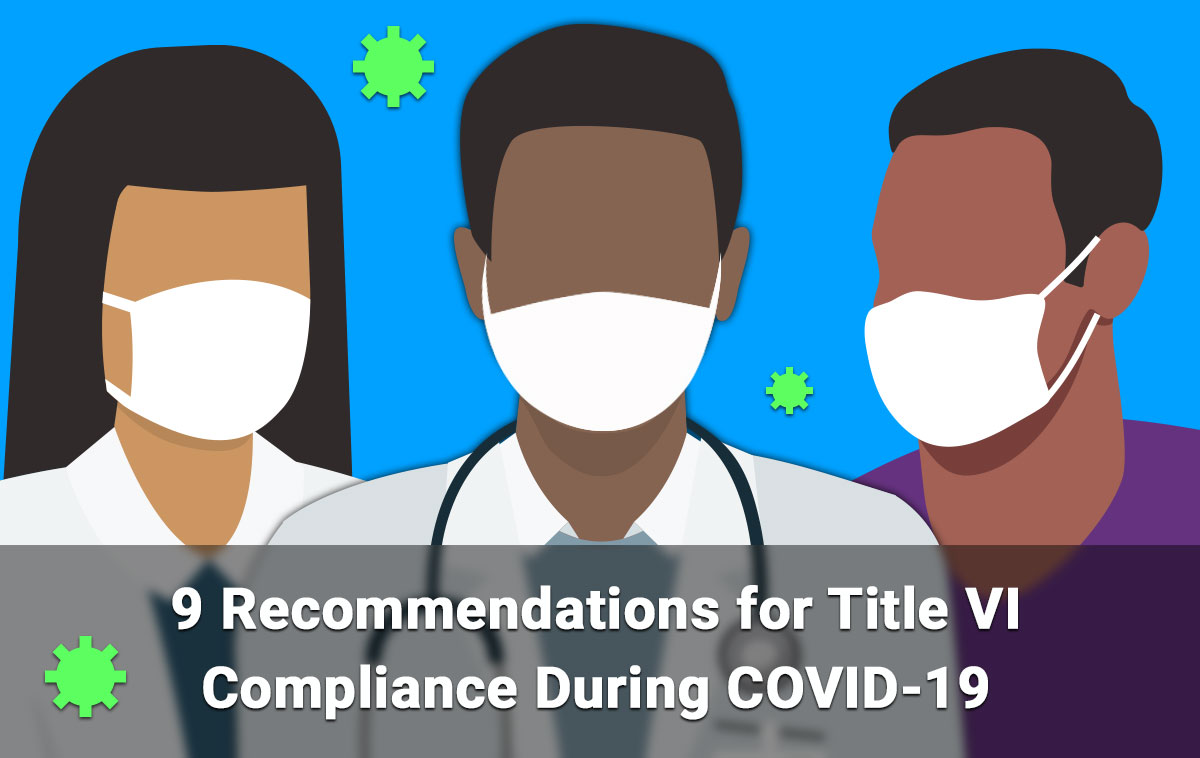Automatic Dispensing Cabinets & the Case of RaDonda Vaught: Q&A

Rachel V. Rose, JD, MBA, principal with Rachel V. Rose – Attorney at Law, P.L.L.C., Houston, TX, has a unique background, having worked in many different facets of healthcare, securities, cybersecurity, as well as international law and business throughout her career. Her practice focuses on a variety of cybersecurity, health care and securities law, False Claims Act and Dodd-Frank matters and issues related to compliance, transactional work, litigation as well as representing persons before government agencies. As a member of the First Healthcare Compliance Editorial Council, Rachel is a frequent presenter at educational events. For more information regarding this topic please view the related webinar for further discussion and learning.
Below, Rachel answers some common questions and provides explanations related to the education surrounding Automatic Dispensing Cabinets, Patient Care, and the Case of Nurse RaDonda Vaught.
Can you describe what exactly is an Automatic Dispensing Cabinet and what does it hold?
Fundamentally, an Automated Dispensing Cabinet, which is also known as an ADC, is essentially a drug storage device. It typically electronically dispenses medications or different types of scrubs, for example, or other items that you may see in the operating room or in the emergency room. The alleged benefit is to dispense these items in a controlled fashion in a way that normally integrates with an electronic health record system, or with a procurement software within a hospital, that then tracks the use and has almost a real-time data so that the staff can know when to replace or when a supporting traditional unit dose delivery system may need to be utilized.
The other type of dispensing cabinet does not hold pharmaceuticals or drugs. Rather, it holds items that a nurse or a physician would use during surgery or in the emergency room such as sterile suture packs or gauze.
What are some important things to know about an ADC?
Medications are dispensed in a controlled fashion. ADCs are not new. In fact, they came in to being in the 1980s. And then by the 1990s, their use was very prevalent. Having said that, their safety and efficacy began to be studied. And the studies that came out even 20-30 years ago, are still relevant today because of some of the safety and patient care issues that were highlighted at that time. For example, the mislabeling of drugs, the improperly filling of dispensing cabinets, the lack of safety record procedures, numbers of doses dispensed, and the ability to override system access tracking. Today, now more than ever, and especially with the advent of the HIPAA Security Rule, which has been in effect since 2005, and then we now have the HITECH Act, in effect, the HIPAA Omnibus Rule, and then we have other laws and the related regulations as well, such as the Cybersecurity Act of 2015, all of which espouse the requirements of having adequate technical, administrative, and physical safeguards.
One of the most fundamental safeguards is user ID and unique user password. There should be for every individual accessing a cabinet, there needs to be an individual user ID and password. Alternatively, some types of these devices use a biometric or fingerprint. And from there, organizations really need to look at two-factor identification. These are areas which can create significant liability, not only from a cybersecurity standpoint, but more importantly, from a patient care standpoint, which is one of the issues in the RaDonda Vaught case.
Tell me about the role of the Automatic Dispensing Cabinet and the facts of the RaDonda Vaught case?
What’s interesting is that there was a quote that was made by her attorney that said, while it’s not all her fault, meaning all his client’s fault, there are some real systemic problems with the way a medical center dispenses medicine through the automated dispensing systems. And so, in this case unfortunately, the nurse, the defendant, did have personal errors. It wasn’t solely the fault of the ADC. However, there were a lack of technical, administrative, and physical safeguards, there was a lack of check and balance. And that led to Ms. Murphy the patient, dying as a result of this error. So, our players in this case are Ms. Murphy, the deceased patient, RaDonda Vaught, the nurse and defendant, Vanderbilt University Medical Center (“Medical Center”), the district attorney, who prosecuted the case, CMS, which is the Centers of Medicare and Medicaid Services, the Tennessee Department of Health, the Tennessee Board of Licensing, both for health care facilities and for nursing, and then we also have the coroner’s office, as well as the Joint Commission.
Can you tell us the story of what happened?
RaDonda Vaught was a licensed nurse who began working at Vanderbilt University Medical Center in 2015. In late 2017, a patient Charlene Murphy, who was 75, checked into Vanderbilt with what is known as a subdural hematoma. This is essentially bleeding in her brain between the various layers of the brain. Anytime you have bleeding on the brain, this typically requires immediate attention. So, having said that, a couple of days later, her condition improves and she’s almost ready to be discharged from the medical center. As is common with this type of condition, a final scan is done in the radiology department just to make sure that there isn’t any new bleed or that everything is going according to plan. Now, it’s not uncommon for a patient to be given a sedative such as Versed for a closed MRI scan.
However, the defendant Nurse Vaught accidentally gave a dose of vecuronium, which is in fact a powerful, paralyzing medication, it is not just a sedative that is given on a regular basis. What happened, unfortunately, was that the drug left the patient brain dead. Later that day, two neurologists from the medical center report the death to the Davidson County Medical Examiner. However, they did not mention the medication error, or the vecuronium. The death was attributed to bleeding in her brain and deemed to be natural, as bleeding in the brain was what she initially came in for. Based on information provided by the medical center, the medical examiner did not do an independent investigation into the death. That’s not uncommon, either unless there’s a reason, especially when it’s a renowned medical center, to dispute the findings or to probe further or if the family has a request that an autopsy be done. Normally, it is taken as natural.
In January of 2018, in light of the death, the Medical Center took some significant actions first, they did not report to state or federal officials which is required by law that this had occurred. Secondly, defendant Vaught was fired by Vanderbilt University. And then subsequently, Vanderbilt negotiated a settlement with the descendant’s family. That primarily did three things: first, it gave them a monetary settlement; secondly, the settlement was not made publicly known, and lastly, there was a provision that required them not to speak publicly about the death or the medication error. Now having a confidential agreement under a situation where a patient either dies or has an adverse patient outcome, that constitutes at a minimum negligence is not unusual. But for their not reporting and not being completely truthful with the family about what happened, there was nothing ill or untoward about the settlement. So that happens in early 2018.
By October of 2018, an anonymous person alerts state and federal health authorities to the unreported medication error that was responsible for the patient’s death. From there, we have different licensing boards begin to take interest and begin investigating. For example, the Tennessee Department of Health, investigated and decided not to pursue any disciplinary action against Nurse Vaught. In a letter to Vanderbilt the agency’s investigations director said Vaught’s case did not constitute a violation of the statutes or rules governing her profession, which is the nursing profession. And on the same day, the defendant Vaught was sent a letter saying this matter did not merit further action.
CMS had a different response. And in fact, they came in to the Medical Center unannounced to do a surprise inspection. And the inspection did in fact confirm that the patient died from an accidental dose of vecuronium and that the Medical Center did not report the medication error to the government or to the medical examiner, according to an inspection report, and in late November 2018, the circumstances of the fatal medication error became public for the first time when CMS released their report. However, they did not identify the nurse or patient by name. And in fact, the Medical Center’s reimbursement for Medicare was threatened unless it could prove it took steps to prevent a similar error and to provide a correction plan, which it did. So that appeased the federal agency and its Medicare reimbursements were secured.
In early 2019, the nurse was identified publicly for the first time when she was arrested on a criminal indictment for her alleged role in the death. Initially, she was charged with reckless homicide and impaired adult abuse. But Vanderbilt was not named as a codefendant, and Vanderbilt did not take any disciplinary action, nor did the board did not take any disciplinary action. That’s the Tennessee Board of Licensing, despite Vanderbilt purchasing the automatic dispensing cabinet that was utilized, despite it being responsible for the internal, technical, physical, and administrative safeguards being in place. And in light of, some of the issues that nurses dealt with on a regular basis.
This is a large case. It seems like there were so many different players in it that could have been sued or prosecuted and I am surprised they were not.
Right. So, at the beginning, I mentioned different players in different proceedings that were going on. And we already heard about the Tennessee licensing board initially saying there’s no issue here. After things become more public, the Tennessee licensing board for health care facilities, says to Vanderbilt, you know what? We’re not taking any action here either. And that was after CMS came in. According to the court records, prosecutors revealed more details about the case. And first, the investigators allege that the nurse defendant made 10 separate errors when giving the wrong medication to Murphy, including, overlooking multiple warning signs that she had the wrong medication. Now, think back to that process I described in-between the pharmacy authorizing a drug to be dispensed and the patient receiving the drug. There are a lot of different steps both on the technical side and on the physical person side as well. The court records state that the nurse would have had to look directly at a warning saying, “Warning: paralyzing agent” before injecting the drug. Additionally, a difference between Versed. Versed does not need to be mixed. It’s just a suspension formula. But the other drug was a powder and required mixing and agitation before it could be administered. So, two very different drugs with very different purposes, one with a very pronounced warning, and a different mechanism as well before a drug could be injected. So that is very, very key.
Now, about the same time or at least in 2019, at the request of law enforcement, the Nashville medical examiner reexamined the circumstances of the death. And the manner of death was changed from natural to accidental and the term accidental is critical because accidental, especially in criminal law has a very mitigating effect. So, in August of 2019, we have this change on the death certificate. In September of 2019, The Tennessee Department of Health reverses its prior decision not to pursue professional discipline against Nurse Vaught. Again, this is the Tennessee Board of Nursing. The agency did not issue a statement as to why it reversed its prior decision. But reasonable minds would probably reach a conclusion that the amount of press, the number of documents that had been produced, and the changing in the coroner’s report did have an impact on that. So now we have what are known as a parallel proceeding. There is the criminal trial which is brought at the local level. In this case by the district attorney and a professional discipline hearing, a debate begins over which the case should first proceed.
So here we have on December 15 of 2019, and a Tennessean Investigation. For those of you not familiar with Tennessee, The Tennessean is the main paper and media outlet in Nashville. They investigated how the actions taken by Vanderbilt officials obscured the circumstances of the death. And one of those circumstances was in fact, the ability for nurses and other medical professionals who could access the ADCs to in fact, circumvent that procedure. And this is important because we get through COVID and we fast forward to the July 2021, medical disciplinary hearing before the Tennessee licensing board. During her testimony, the defendant was forthright, she did not shirk her responsibility for the patient’s death, for her part of her role, saying it was her fault that she did not double check the medication and she took responsibility for that. However, her attorney indicated that a mistake was made, possibly because of flawed procedures at the Medical Center. And at the time, she attested that the Medical Center was struggling with a problem that prevented communication between its EHR, medication cabinets, and the hospital’s pharmacy. It was causing delays in dispensing and accessing the medications. So, the hospital short term workaround was to override those safeguards. Remember what I said before with the key, not using the unique user ID and password a key is one way to circumvent that there could also be a code that could be entered in the event of an emergency which would not require all that other information to be entered? So those are two ways that you can override it.
In July of 2021, the Tennessee Board of Nursing revoked Nurse Vaught’s nursing license. Although board members appear sympathetic to her case, they do not overlook the errors. This is important because as we’ll see in the criminal case, and what happened at the sentencing, I believe the judge took a similar approach. Her trial began on March 21 of 2022. And the trial ended with a jury finding her guilty of criminally negligent homicide and abuse of an impaired adult. Now if you recall, what the indictment was for reckless homicide, which is different. That’s an important distinction because for those of you who watch Law and Order or Boston Legal or any other legal show, you often hear the term scienter or mens rea, and that’s the required mental state. Once you start getting into intentional intent is that mens rea or scienter component, so all that is very important.
Now we have the sentencing. And here we know that the jury found her guilty on two charges of criminally negligent homicide and the other abuse of an impaired adult. She, however, was sentenced to three years of supervised probation, but the sentencing guidelines could have given her up to eight years in prison. And the judge took an extra step and from my perspective, she took it for two reasons. First, the defendant took responsibility for her role in the unfortunate outcome. But additionally, the judge probably looked at what was going on with COVID, the exodus of people leaving the medical profession, and what these circumstances really warrant for someone who’s never encountered any issue before. Judge Smith, along with giving three years of probation, also issued a judicial diversion. And this is a program, in which first time offenders can have their records expunged, after completing their probation without any issues. This really gives Nurse Vaught the ability to move forward after she completes her three years of supervised probation, which given that she did have a role in this, is very reasonable.
To your point, it is interesting that the Medical Center was not named because of the various issues that even CMS found so people can speculate all one wants, but I am choosing not to speculate as to why Vanderbilt was not named. And as you know, and as people who have listened to me before, I obtained one of my degrees from Vanderbilt, but I do not represent them legally.
At the end of any criminal case, the defendant has an opportunity to show remorse to the family, and the defendant expressly stated something along the lines of saying “I’m sorry, doesn’t seem like enough, but you deserve to hear that. And I am to know that I’m very sorry for what happened.” Now the patient’s family had a divergent reaction. And in fact, the family spokesman said that her mom would not have wanted the nurse to go to jail under these circumstances, because her mom was a very forgiving person, there was another family member who did want the defendant to go to prison. There was an outpouring of applause once the sentence was rendered by the judge, and a lot of those people who were outside, were, in fact, health care professionals. So that pretty much sums up the case.
What are some key takeaways from the case from a compliance standpoint?
Well, first and foremost, when you think about hospitals, the goal should be patient centered care and getting the best clinical outcomes for the patient. It comes down to making sure that the technical, administrative, and physical safeguards are in place across an entire organization. And when there is a requirement under law to be made to a governmental entity, make sure that you follow those requirements.


